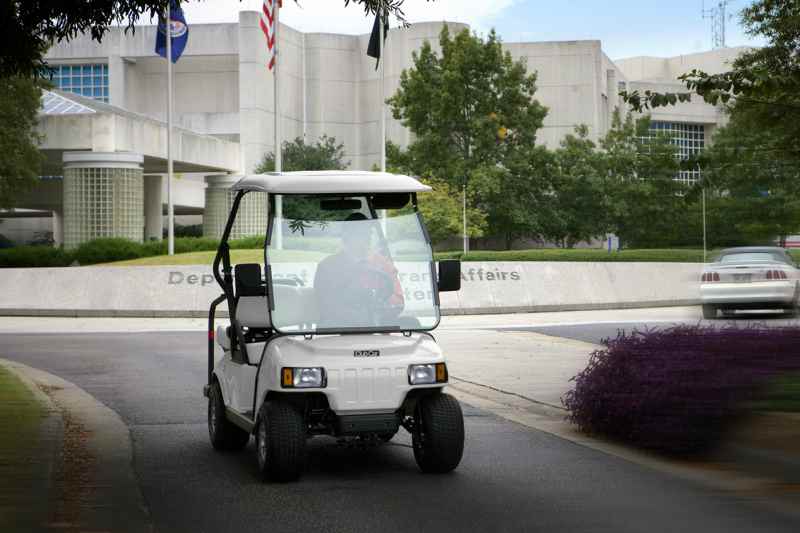
Are Golf Carts Street Legal in Texas Rules, Plates, Insurance, and FAQs
Texas permits golf carts on select public roads when properly equipped and plated, insured, and limited to ≤35-mph routes approved by local ordinances—otherwise use is restricted.
Texas Street Access: The Essentials
In Texas, golf carts can operate on public roads only under defined conditions. Most street use requires a dedicated golf cart license plate, basic road-use equipment, and adherence to speed-limit limits (generally streets posted 35 mph or lower where local authorities allow carts). If you want a turnkey solution that’s already configured for compliance and comfort, consider modern street legal golf carts.
Where Golf Carts May Operate
- Designated areas: Cities or counties may authorize golf carts on specific streets (often near neighborhoods, resorts, or courses) posted at 35 mph or less. Look for posted signage and local ordinances.
- Short trips to/from a course: Daytime operation for brief trips between where the cart is normally parked and a nearby golf course is commonly allowed on ≤35-mph roads, subject to local authorization.
- Beaches and master-planned communities: Some public beaches that allow vehicles and certain master-planned communities also permit carts under local rules.
Equipment You’ll Typically Need
To legally operate on public roads, Texas expects carts to have road-use equipment. Requirements can vary by locality, but commonly include:
- Headlamps, tail/brake lamps, and front/rear turn signals
- Reflectors and an audible horn
- Rearview and side mirrors for visibility
- Parking brake and (where required) a windshield and seat belts
- Slow-Moving Vehicle (SMV) emblem when operating at ≤25 mph
- A unique serial number/VIN for identification and plate issuance
Plates, VINs, and How They Work
Texas issues a special golf cart license plate through the county tax assessor-collector. This plate differs from standard registration and is typically a simple, low-cost plate used to identify an authorized cart on eligible roads. You’ll need ownership documents and a serial number/VIN; if your cart lacks a readable VIN, your county can guide you through inspection/assignment steps.
Driver Licensing and Insurance
- Driver license: A valid driver license is generally required to operate a golf cart on public streets. Local ordinances may specify age or licensing details—always check your city/county rules.
- Insurance: When you take a motor vehicle on public roads, Texas financial-responsibility laws apply. Carry liability insurance that meets state minimums; LSV/NEV classifications always require insurance.
How Do I Make My Golf Cart Street Legal in Texas?
- Confirm your routes: Identify the exact streets you’ll use and verify that your city/county authorizes carts there (usually ≤35 mph). Note any time-of-day restrictions.
- Install equipment: Add head/taillights, brake lights, turn signals, mirrors, horn, reflectors, parking brake, and seat belts/windshield if required. Mount an SMV emblem if you’ll operate at ≤25 mph.
- Get the plate: Bring ownership proof and VIN/serial info to your county tax office to obtain the golf cart license plate. Mount it as directed.
- Carry insurance: Maintain liability coverage consistent with Texas law before operating on public streets.
- Follow limits: Stay on authorized roads, respect posted signs, and obey any local prohibitions or beach/community rules.
Do You Need Insurance for a Golf Cart in Texas?
Yes—if you operate on public roads, you must meet Texas financial-responsibility requirements (typically liability insurance). For carts used only on private property, speak with your insurer about homeowners or specialty coverage and exclusions, since off-street use is treated differently.
How Much Is a License Plate for a Golf Cart in Texas?
Counties commonly charge a small fee (often around $10) for a golf cart plate. Because fees can vary and policies evolve, confirm the exact amount with your county tax assessor-collector when you apply.
Compliance Tips and Common Mistakes
- Don’t rely solely on HOA approval: Neighborhood permission isn’t the same as city/county authorization on public streets. You may still need a plate—and insurance—to be legal.
- Use the SMV emblem when required: If you operate at ≤25 mph on a public road, the emblem improves conspicuity and compliance.
- Watch for local bans: Municipalities or TxDOT can restrict carts on specific stretches for safety; always heed posted signs.
- Mind nighttime rules: Some jurisdictions limit cart operation to daytime unless additional lighting/reflectivity is present.
Bottom Line
Golf carts can be street legal in Texas—but only with the right equipment, a dedicated golf cart plate, proper insurance, and operation on authorized ≤35-mph routes. If you want a simple path to compliance and everyday comfort for errands or trips to the course, explore purpose-built street legal golf carts, then confirm final details with your city/county before you drive.
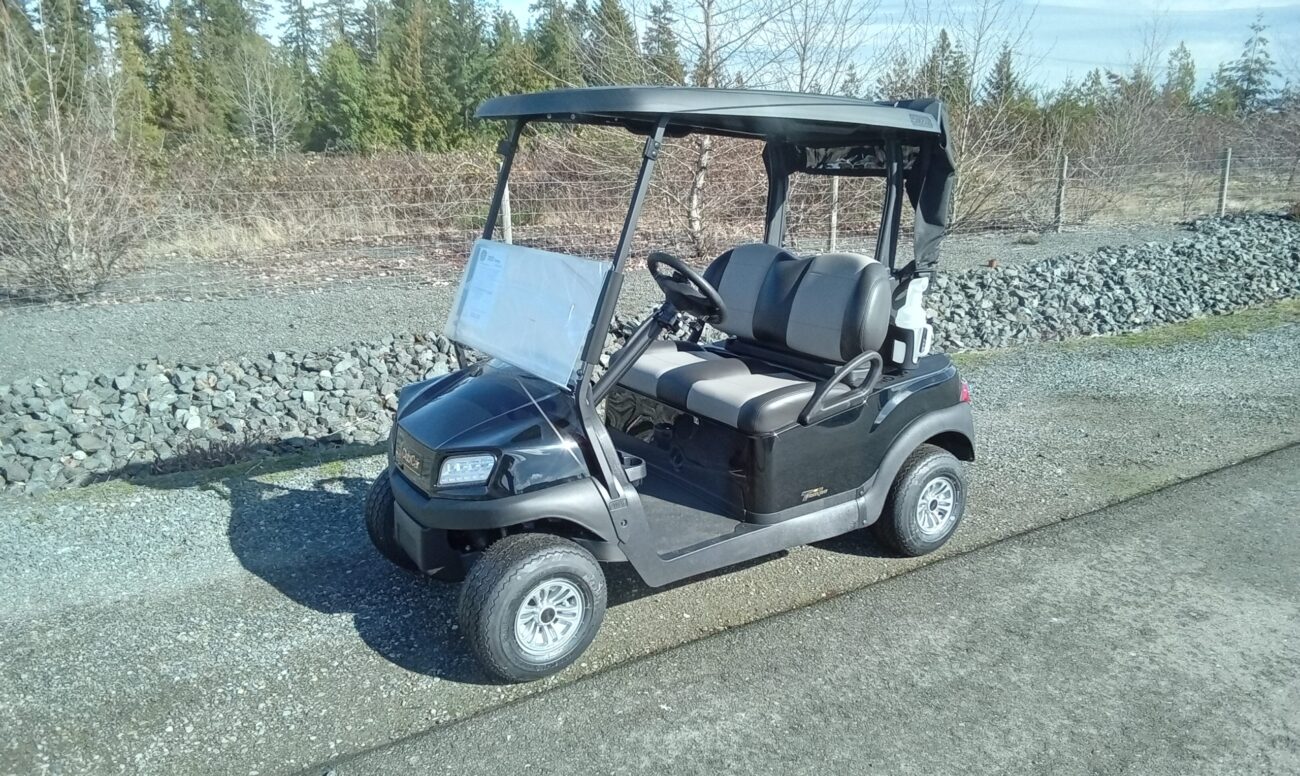
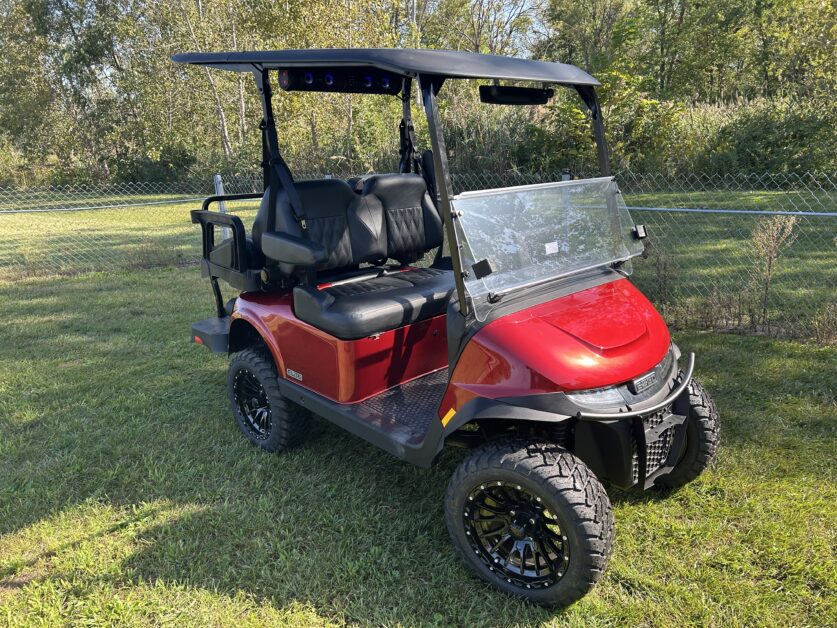
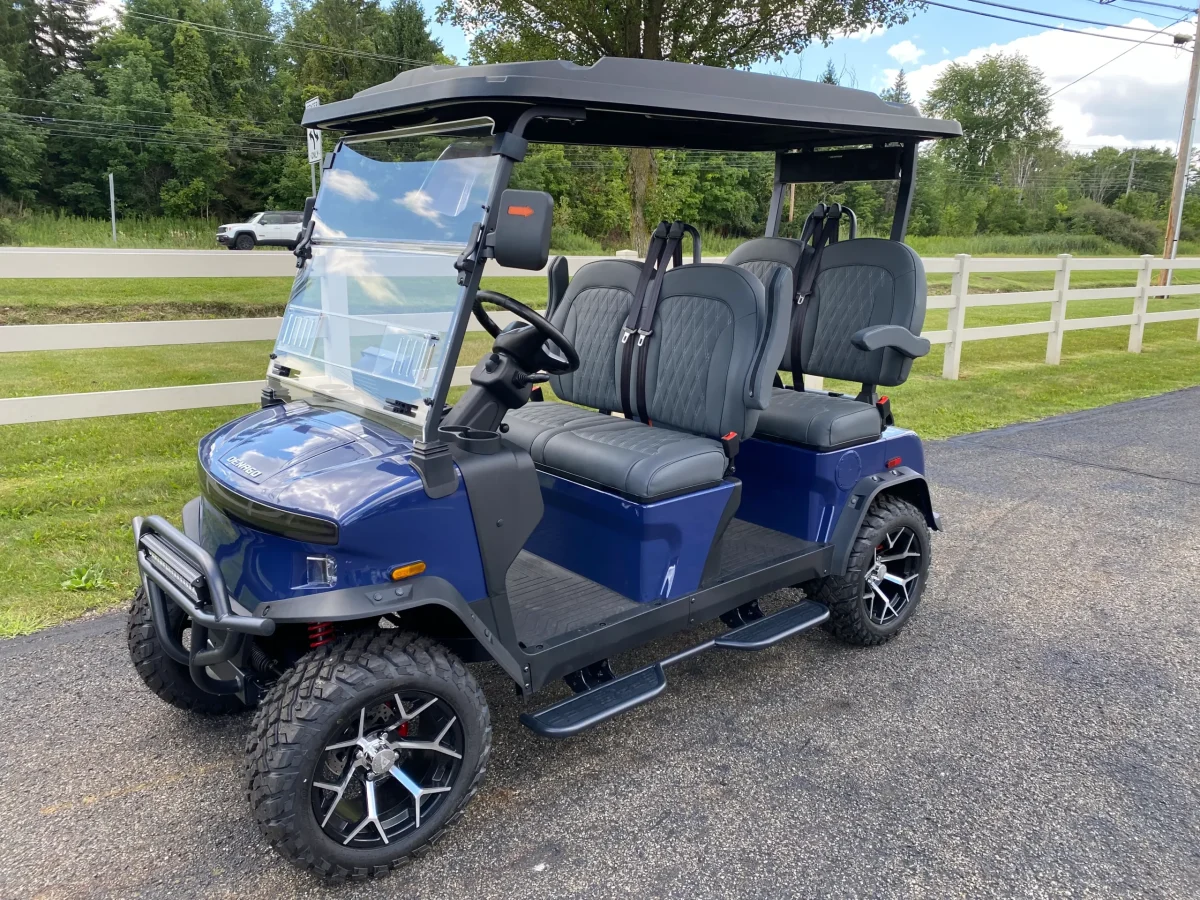
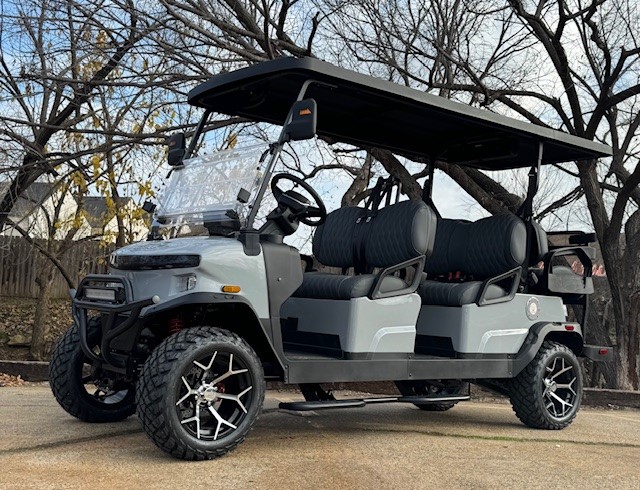
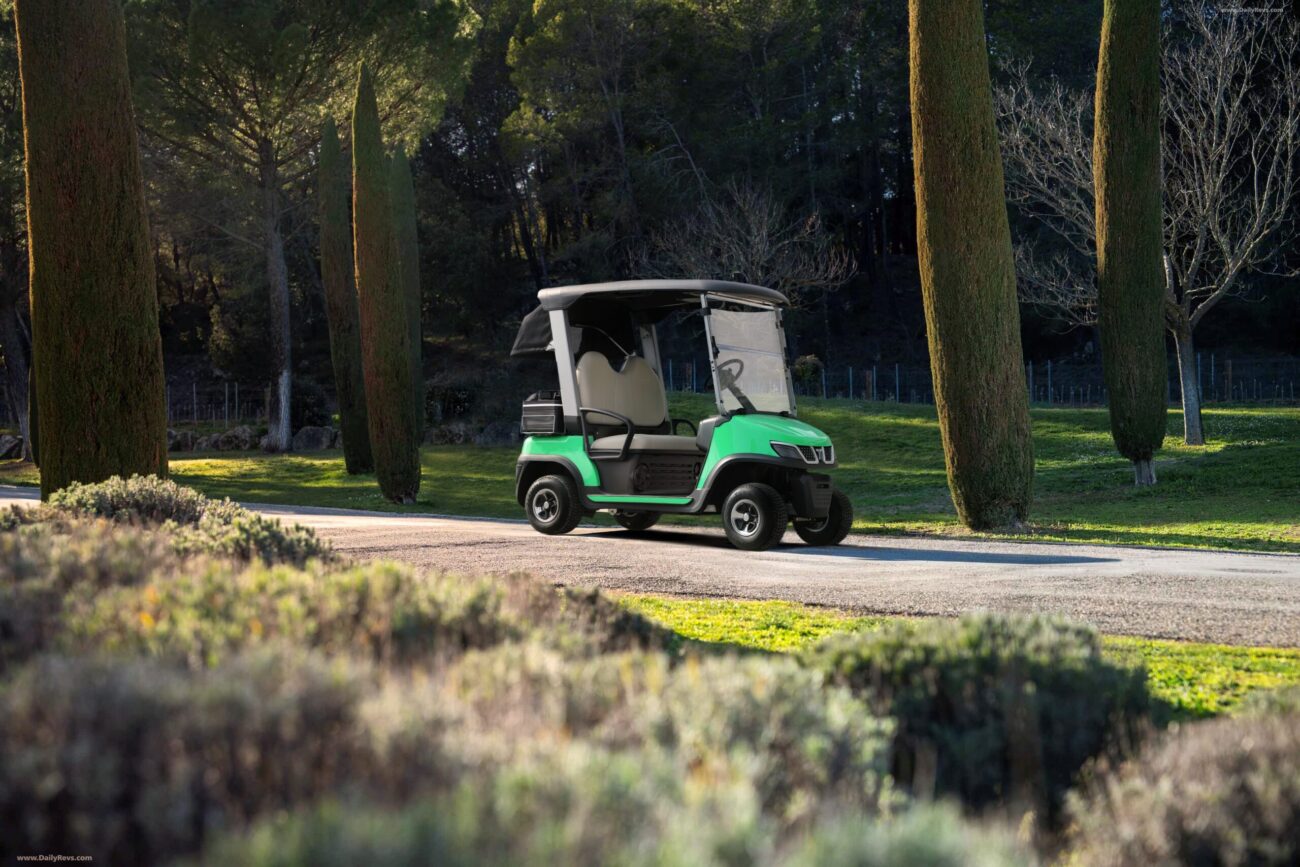
Add a review
Your email address will not be published. Required fields are marked *